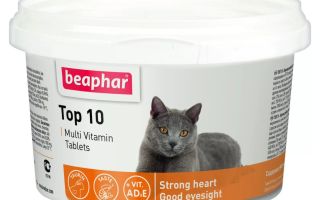Content
- 1 Why and what vitamins does a cat need?
- 2 Symptoms of hypovitaminosis in a cat
- 3 Forms of release of vitamin products
- 4 What vitamin complexes are best for cats
- 5 How to give vitamins to your cat
- 6 How often vitamins are given to cats
- 7 Side effects and overdose
- 8 Conclusion
- 9 Reviews of veterinarians about vitamins for cats
- 10 Customer reviews of vitamins for cats
The health and appearance of a cat depends on a proper diet, which ensures the supply of essential substances to the body. Vitamins for cats are an important dietary supplement, especially when fed with natural foods.
Why and what vitamins does a cat need?
Vitamins are organic compounds that are responsible for metabolic processes, maintaining immunity. The intake of essential substances in the cat's body reduces the risk of developing diseases, including oncological ones.
When using a balanced feed at certain times, there is a need for additional additives, represented by useful components. With hypovitaminosis in cats, teeth deteriorate and hair falls out. To prevent the development of various diseases, it is necessary to ensure a sufficient intake of beneficial nutrients into the animal's body.
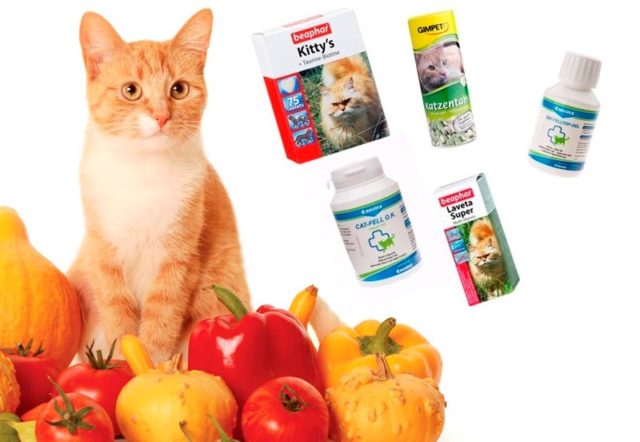
Vitamin D for cats
The component is involved in the absorption of calcium. With a deficiency, drowsiness and lethargy are noted. In some cases, the condition of the bones may deteriorate.
Tocopherol for cats
Tocopherol is considered a versatile cell membrane protector. The element helps to improve cellular respiration.
B vitamins for cats
The following properties of elements belonging to group B are called:
- beneficial effect on the skin;
- source of additional energy;
- improving digestion.
With a B1 deficiency, cats may develop paralysis. B2 hypovitaminosis leads to weight loss, hair loss, lethargy.
Sufficient intake of B5 in the body normalizes the functioning of the heart and kidneys. It is known that the B6 component promotes the assimilation of fats and proteins, and B12 is responsible for the adequate functioning of the nervous system.
Can cats use ascorbic acid
Ascorbic acid is an important antioxidant involved in the absorption of a number of beneficial micronutrients. Its deficiency leads to hair and teeth loss.
Retinol
The compound strengthens the immune system, stimulates the growth of new cells. Lack of retinol is accompanied by drying out of the cornea and the development of night blindness.
Vitamin K
The component is involved in the synthesis of proteins that are important for the implementation of the blood clotting process.
Symptoms of hypovitaminosis in a cat
With a prolonged deficiency of essential substances, pets develop vitamin deficiency, which depletes the animal and leads to disruption of the vital functions of the body. The pet becomes vulnerable to various diseases.
The following factors that cause vitamin deficiency are called:
- poor diet;
- weakening of immunity;
- chronic diseases;
- infections, injuries and other pathological processes;
- negative external factors, for example, insufficient drinking water, drafts;
- pregnancy and lactation;
- prolonged stressful condition;
- parasitic invasion;
- endocrine and immune diseases;
- antibiotic treatment.
The severity of vitamin deficiency depends on its stage. As a rule, symptoms become noticeable when the deficiency of useful components is critical.
In the second stage of nutrient deficiency, the following signs can be noted:
- lethargy;
- apathy;
- weight loss;
- deterioration of the quality of wool with the appearance of bald patches;
- refusal of food, games;
- itchy skin and dandruff;
- unsteadiness of gait and disorientation in the dark.
The appearance of these symptoms is the reason for contacting the veterinarian, who will determine the deficiency of specific nutrients. In some cases, vitamin deficiency is complex.

Forms of release of vitamin products
Experts recommend purchasing commercial cat food with premium and super-premium vitamins. Good nutrition is a source of essential components.
When feeding cats naturally, vitamins must be given. Special complexes make it possible to compensate for the deficiency of specific substances.
Forms of release of drugs are diverse:
- tablets;
- drops;
- gels;
- powders;
- capsules;
- oil vitamins for cats.
The effectiveness of drugs does not depend on their form. In most cases, the cat is given vitamin tablets. However, some pets are reluctant to eat capsules or pills. Vitamins for cats can also be given in liquid form. These drugs may have a short shelf life. Cat Vitamins Drops are easy to add to food without being forced.
What vitamin complexes are best for cats
Well-known dietary supplements are preferred by veterinarians and breeders. The rating of the best vitamins for cats is presented by various means.
Vitamins for hair and skin of cats
The condition of the coat is an indicator of the health of the animal. The additives used help accelerate the shedding process, as well as restore the fat balance. Preparations should contain the following components:
- minerals;
- Omega-3 PUFA;
- taurine;
- B vitamins.
The list of preparations for maintaining hair health is represented by the following names:
- Excel Brewers from the manufacturer 8 + 1;

- Kitty's + Taurine-Biotine, Mix from Beaphar;
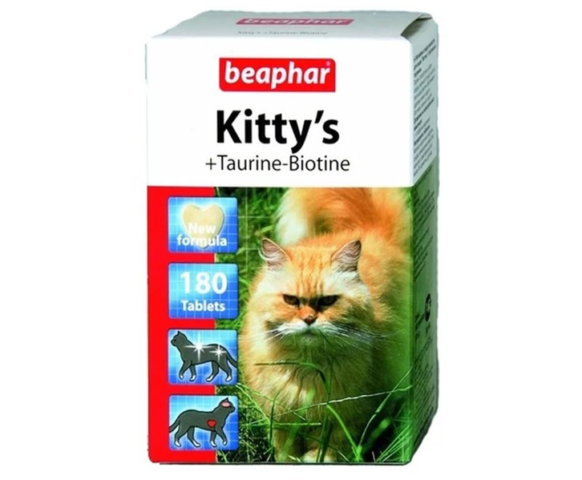
- Cat Fell O.K, Cat Felltop Gel from Canina;
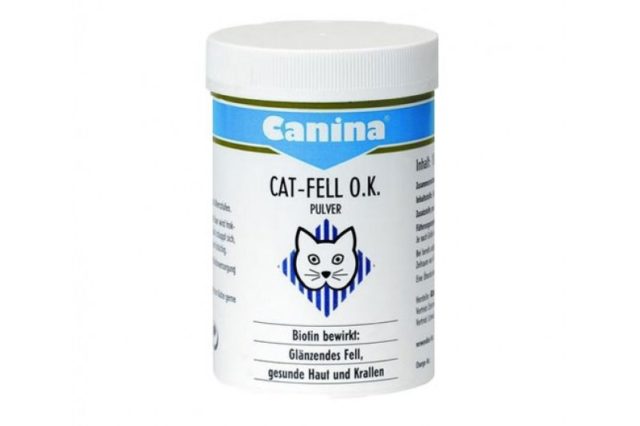
- Super wool from Polidex;

- Skin and coat health from Doctor Zoo.
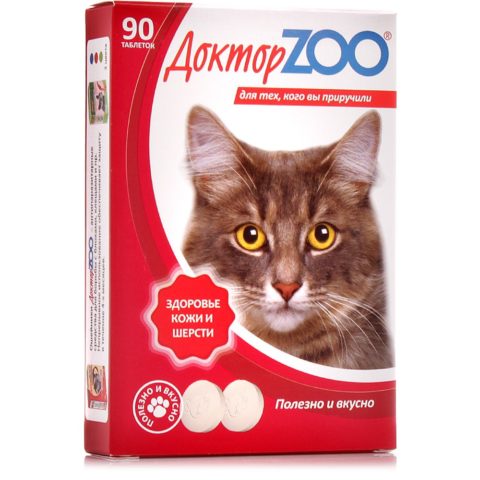
Vitamins for removing wool from the stomach
Vitamins are available to restore the digestive tract in cats and remove hairballs during active shedding. To prevent problems with the functioning of the digestive tract, you can use supplements to the diet, which are in the form of a paste:
- Malt-Soft;
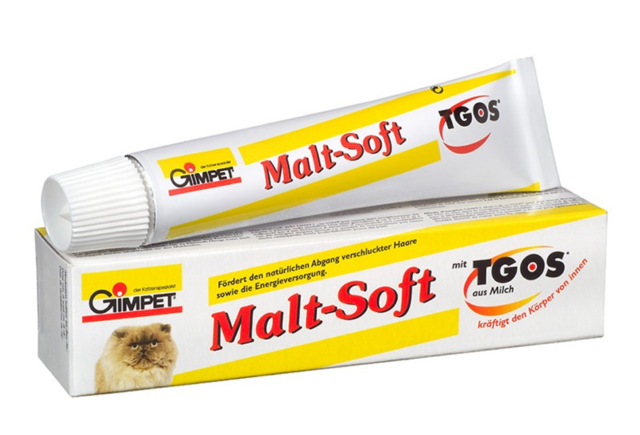
- Malt-Soft Extra.
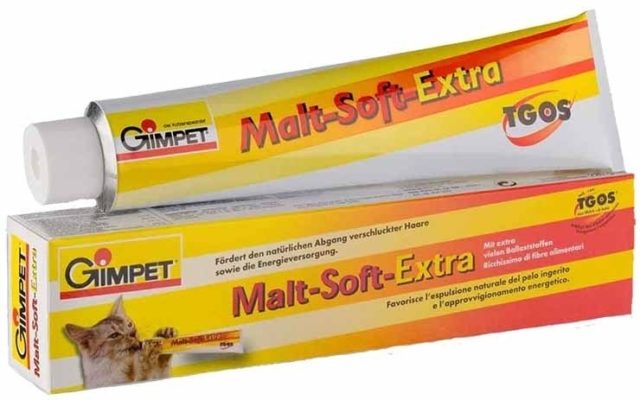
Fortifying vitamins for immunity
With natural feeding, animals are recommended general strengthening complexes used by courses:
- Top 10 Cat by Beaphar. It is a versatile preparation that includes minerals and essential compounds. The complex is intended for kittens and adults in order to prevent vitamin deficiency.
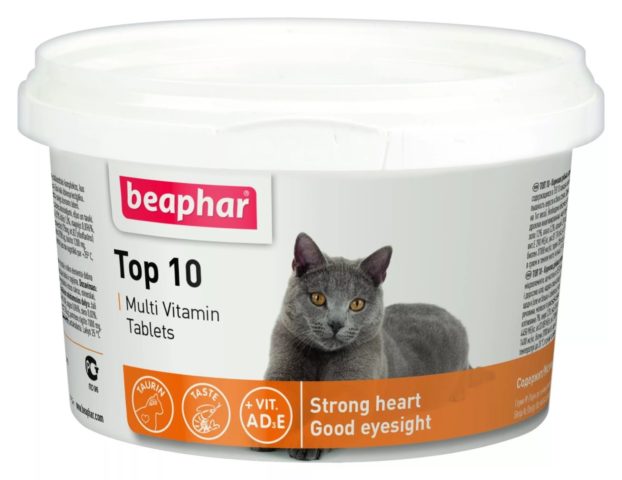
- Gras Bits, Multi-vitamin Paste from Means are presented in the form of a paste that must be added to food.

- Canina-Cat-Vitamin Tabs. Supplements can be used daily.
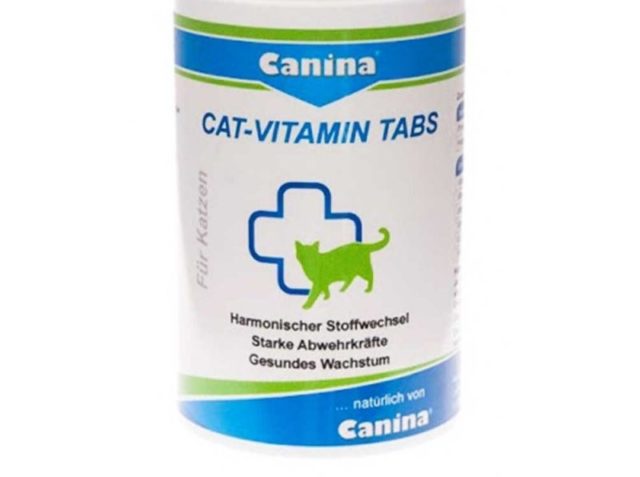
Vitamins for bones and joints
Vitamins for cats with calcium are essential to prevent diseases of the musculoskeletal system. Dietary supplements should contain nutrients that repair cartilage. Vitamins with chondroitin for cats have a good effect.
For preventive and therapeutic purposes, Gelabonplus Glucosamine (Polidex) is prescribed. At risk for bone and joint diseases:
- individuals of advanced age;
- kittens;
- representatives of large breeds.
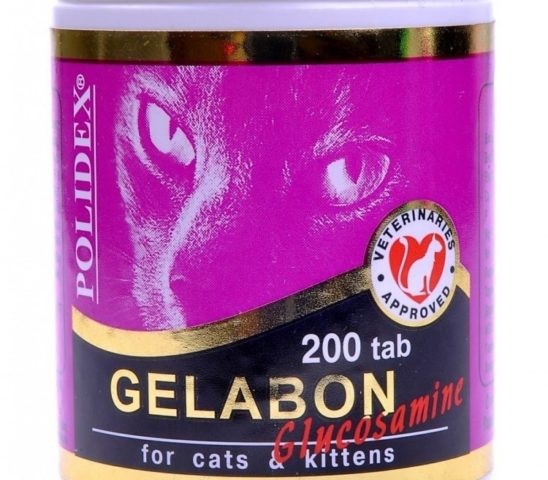
Vitamins for old cats
As a rule, in old age, vitamins are required for the heart and nervous system of cats. Experts recommend using Sanal's Senior Lecithin Complex, which contains lecithin and yeast. The dietary supplement helps:
- normalization of brain function;
- improving metabolic processes;
- strengthening immunity;
- increased body tone.
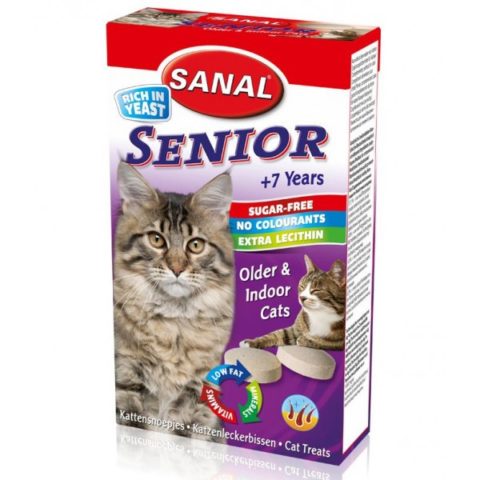
Vitamins for the cat for appetite
Decreased appetite occurs due to physiological and pathological factors. To normalize digestion, you should pay attention to special preparations:
- Periactin;
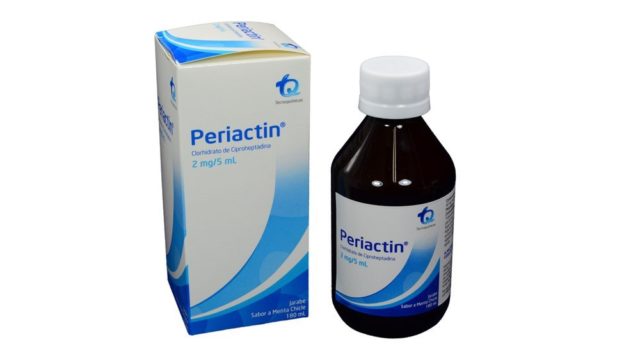
- Remeron;
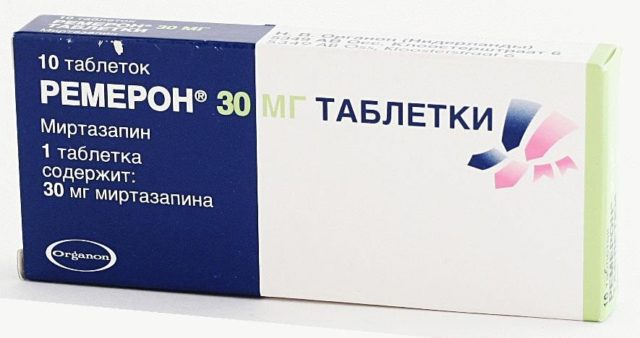
- Valium.
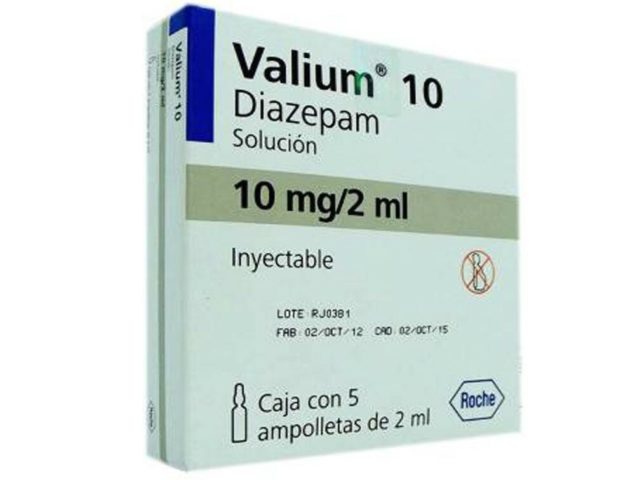
Vitamins for kittens
During the period of active growth, the need for nutrients increases. The need to take nutrients is due to the following factors:
- change of teeth;
- changing the type of feeding;
- molting;
- moving;
- castration;
- deworming.
The following complexes are recommended for kittens:
- Kitty's Protein, Junior;
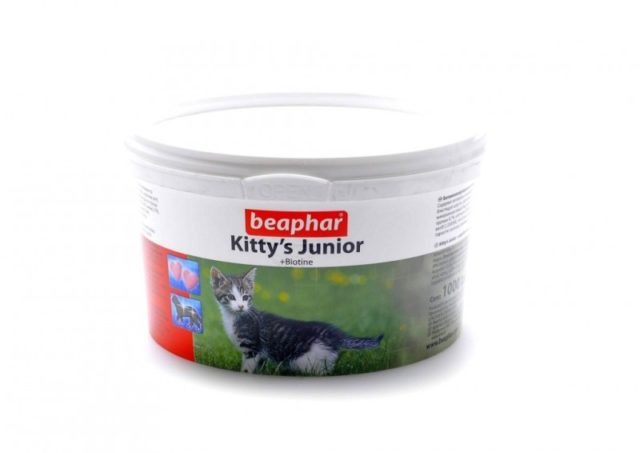
- Baby (in the form of a paste), Baby-tabs;
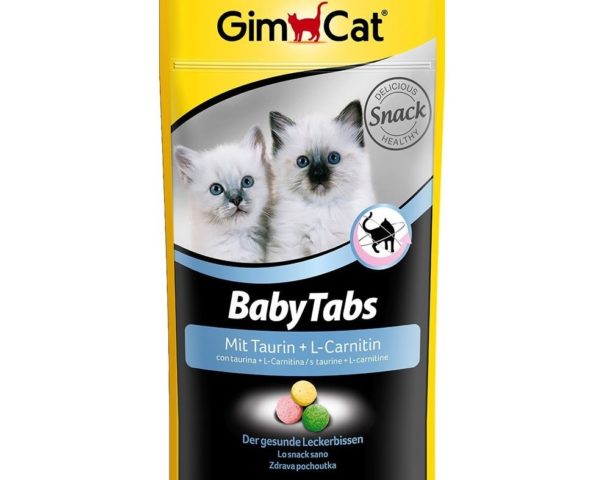
- Cat Mineral Tabs.

Vitamins for castrated cats and cats
Vitamins for spayed cats are an essential component of the diet. The need to take nutrients is associated with a change in metabolic processes. Vitamins for cats should contain components for the kidneys.
After castration and sterilization, the hormonal background changes, which can lead to diseases of the genitourinary system. Special urological vitamins for cats minimize the risk of complications:
- Fitomin containing herbal extracts, fruit acids;
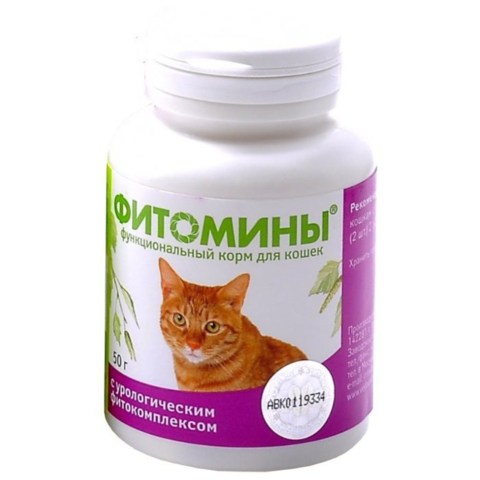
- TM Vitomax, which includes protein, salts and vitamins;
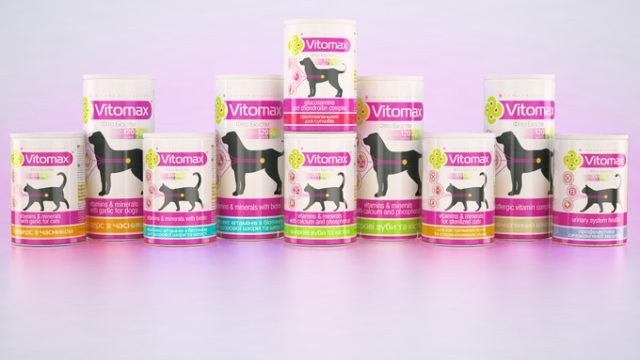
- Cemax, cleansing the body of toxins due to the presence of beneficial compounds and mineral salts.

How to give vitamins to your cat
The complexes differ in the following parameters:
- release form;
- concentration of nutrients.
Usually, the required dosage, concentration of the composition and the form of the drug are selected by the doctor. The specialist also recommends the duration of the dietary supplement intake.
A therapeutic dosage is required for emergency interventions:
- rehabilitation after infections;
- injuries and fractures;
- dermatitis.
How often vitamins are given to cats
Drugs can be prescribed for prophylactic purposes. In this case, they talk about planned annual courses. The intake of nutrients in the body is required in the spring and autumn, which is associated with a seasonal drop in immunity and molting.
Side effects and overdose
The doctor should prescribe vitamin complexes in accordance with the results of laboratory diagnostics.An excess of components is no less dangerous than its deficiency.
Side effects result from intolerance to individual components and include:
- stool disturbance;
- vomiting;
- itching of the skin;
- the appearance of foci of baldness.
Excess dosage and the use of drugs without a specialist's appointment can provoke an overdose, against the background of which violations are noted on the part of the functioning of various organs and systems. Animals show signs:
- dehydration;
- lethargy;
- vomiting;
- refusal of food.
Conclusion
Vitamins for cats should be selected on an individual basis. Age characteristics, comorbidities, the type of feeding and the appearance of the pet are of significant importance.
Reviews of veterinarians about vitamins for cats
Customer reviews of vitamins for cats
Reviews contain information about the most popular dietary supplements.

